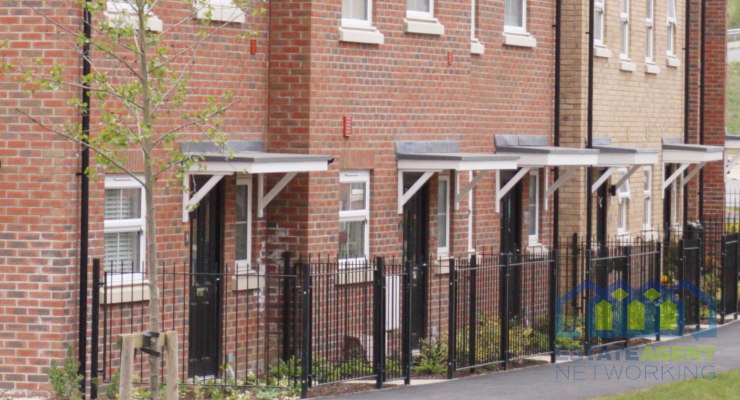Where will the Housing Market be by 2023?
It is quite easy to predict the past and the present, though the future is a tad more difficult. The current climate and that of the last two years we have all been at the mercy of fast changing regulations on how, who with and where we can live our lives such as via government lockdowns as well as travel restrictions. We have also seen great changes to how many of us work with the going to the office each day being a thing of the past for many.
What though has remained relatively constant and without hinder is the growth of house prices and the demands put upon the sector. With rentals and new valuations at constant lows the upward movement of housing costs has continued unabated. Forecasts from many leading property professionals to include journalists via MSN channels states that house prices are likely to continue to grow though at a slower pace to what has been seen during 2020 and 2021.
‘Compared to May last year, you’d need around £10,000 more to buy a flat, but an additional £50,000 for a detached home.‘ source thisismoney
From January 2020 to May 2022 house prices have seen an increase from £231,940 to £289,099.
As with most things in life, prices increase upon demand and this very much is the way of property prices (sales / rentals). The buoyant job market which sees unemployment at a near 50 year low will also favour house price increases. The increase of inflation and the initiation of interest rate hikes will usually hinder any positive growth in house prices though things seem to be holding out well as of June 2022. The general feeling is that the economy remains strong with much optimism with only a handful of finance experts fearing a backlash soon from weight of costs following the covid pandemic.
Where will property prices be in six months time? It is predicted that house prices will be higher on average with a continued month on month increase even if this percentage of increase falls it will not see a negative growth. Immigration to the UK is also a big positive for house prices due to the further demand it puts on finding accommodation, there were 1,311,731 visas granted in 2021 of which 239,987 work-related visas granted. With the current situation in the Ukraine Boris Johnson said the British scheme will allow around 200,000 Ukrainians to enter the UK with an extended period offering of three years.
New builds across the UK still fail to meet targets and especially looking at affordable housing. Costs of materials continue to rise and this once again puts added costs on housing thus effecting the final valuation price of each. Rhys Schofield, managing director at Peak Mortgages and Protection said: “These figures (new build housing) tell you all you need to know about why house prices continue to rise. Demand is outstripping supply and will continue to do so when there are extreme shortages of materials and every proposed new development has to smash down a wall of NIMBYism to even get off the ground in the first place.” source mortgagesolutions
Another point to consider is due to covid and lockdowns many people have opted to work from home with many continuing to do so. This puts a greater importance on the word ‘home’ with many looking to increase their spending so to improve their day to day lifestyle qualities, no longer are we out all day working, we are at home working.
Positives for UK House Prices:
- Demand
- Under achieving new build quotas
- Continued immigration (including refugee)
- Working from home due to covid
- Low unemployment figures
- Rising building material costs and lack of availability / waiting lists on some products
Negatives for UK House Prices:
- Inflation
- Interest rate hikes









